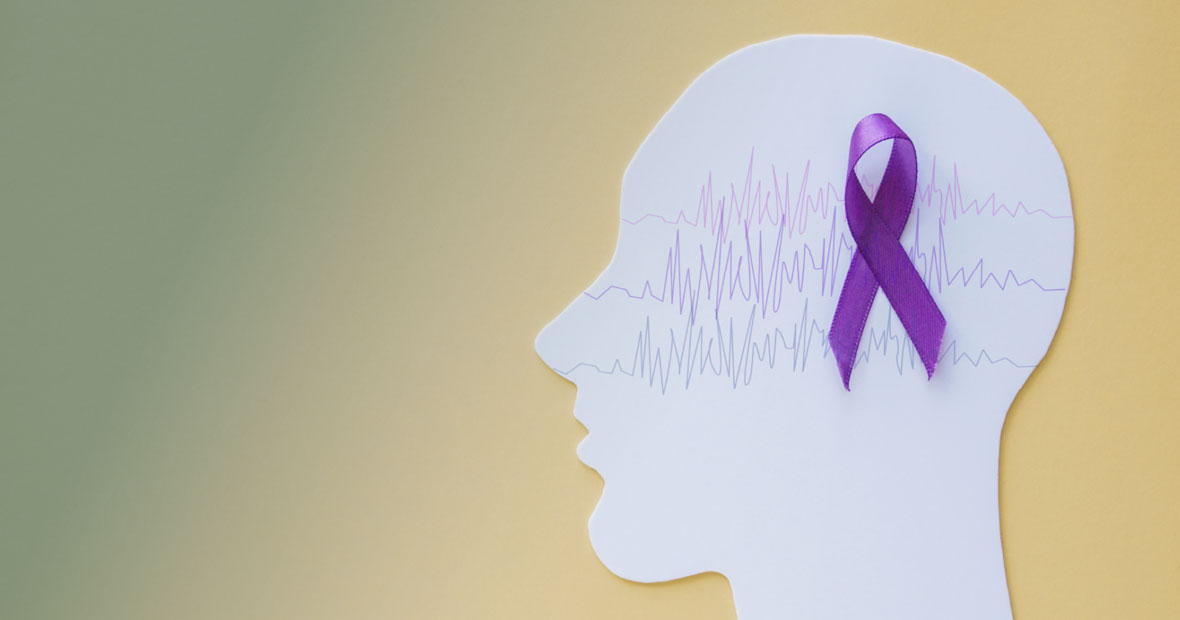
Navigating the world with epilepsy presents a unique set of challenges, often requiring innovative coping strategies and robust support networks. Individuals diagnosed with this neurological disorder must adopt effective self-management strategies, including medical adherence and the use of aids such as a seizure bracelet. Simultaneously, the formation of strong support networks proves to be equally vital. These networks encompass community and social groups, family and friends, and medical professionals who provide care and support to those living with epilepsy. It's worth noting that mental health considerations, specifically depression and anxiety, are integral aspects of the epilepsy journey, necessitating equal attention and care. This article delves into each facet, offering a comprehensive insight into living with epilepsy.
Effective Self-Management Strategies for Epilepsy
Living with epilepsy presents an array of challenges, yet adopting proven self-management strategies offers a path to a more controlled and comfortable daily life. Varying types of epilepsy impact lives differently, and understanding the nuances is the first line of defense in managing the condition. From relaxation techniques to specific dietary approaches, a plethora of tools exists to help individuals manage and prevent seizures.
Assistive technologies have emerged as a valuable asset for those dealing with epilepsy, providing vital support in the management of medicine and tracking seizures. Establishing a tailored epilepsy self-management plan, inclusive of regular communication with health professionals, equips individuals with the necessary resources to navigate the complexities of the condition. Despite the hurdles epilepsy presents, overcoming them becomes feasible through self-management strategies.
Tackling epilepsy transcends physical health and extends to mental wellbeing, adding another layer of complexity to the condition. Nonetheless, support networks and communities play an integral part in managing the condition, offering social and emotional assistance. Recent research calls attention to innovative approaches in epilepsy self-management, shedding light on promising developments in the field.
Building Strong Support Networks for Individuals with Epilepsy
The journey of living with epilepsy often requires a robust support network. A combination of community, family, and medical support plays a pivotal role in enabling individuals to efficiently manage this condition.
Role of Community and Social Groups in Providing Support
Communities and social groups offer a significant lifeline for people dealing with epilepsy. By connecting with appropriate support groups, individuals find solace, understanding, and learn practical coping strategies. A broad range of services and programs exist to assist individuals, with various organizations helping to facilitate these connections. Community participation and social activities aid in overcoming social isolation, fostering a sense of belonging and strengthening mental and emotional health.
Importance of Family and Friends in Coping with Epilepsy
The support of family and friends is paramount for individuals with epilepsy. Providing a stable environment, emotional support, and understanding, loved ones play an essential role in the day-to-day management of epilepsy. Offering practical advice for discussing epilepsy with different people in their life can empower individuals, enabling them to navigate their condition confidently.
Medical Support and Care for Epilepsy Patients
Alongside community and familial support, medical care is a cornerstone of the support network for individuals with epilepsy. From diagnosis to ongoing medical management, healthcare professionals play a pivotal role. Additionally, understanding epilepsy disclosure at work and managing seizure incidents in the workplace are essential aspects of living with epilepsy.
Navigating Mental Health: Depression, Anxiety, and Epilepsy
Living with epilepsy presents a multitude of challenges, not least of which are the mental health disorders often associated with this physical illness. Depression, anxiety, and mood fluctuations are common companions for those grappling with epilepsy, creating a need for comprehensive coping strategies and support networks.
Research articles, expert testimonies, and case studies have been amalgamated into an easy-to-understand guide, providing invaluable insights into managing both epilepsy and its impact on mental health. This wealth of knowledge, coupled with a training video tailored for epilepsy patients, offers relaxation, meditation, and stress management techniques designed to improve quality of life.